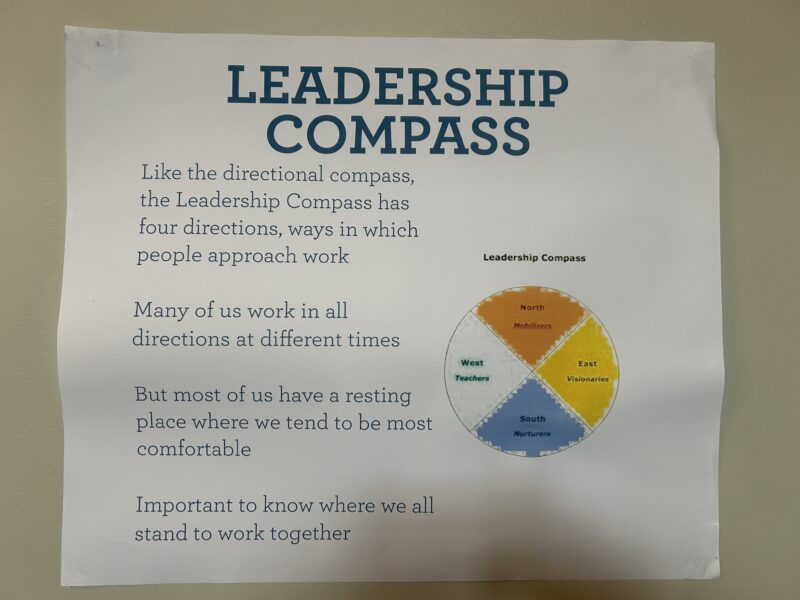To continue in the vein of how Hyde compares/contrasts with traditional and therapeutic schools, a few years back, Don MacMillan (Hyde-Bath Head of School) wrote an interesting piece on the topic. Don’s perspective is uniquely qualified given that his professional experience and educational background has found him immersed in both types of environment. Here he analyzed how Hyde fits with traditional vs. therapeutic schools vis-a-vis particular qualities that all schools and parents hope to inculcate in kids.
Self Discipline– ability and willingness to control one’s behaviors, desires and emotions
– Hyde is more like a traditional school with the exception that students who do not self- regulate are held accountable rather than expelled. Also, some students might need time to develop this skill, but the responsibility for this skill development is primarily with the student.
Responsibility– ability and willingness to meet the daily expectations of school and residential life
– Hyde is more like a traditional school, although with the understanding that some students will need time to develop responsible habits. The student is primarily responsible for developing these habits.
Reflectiveness– ability and willingness to be introspective and to be open to others observations about one’s strengths and weaknesses
– Hyde is more like a therapeutic school. Reflection, self-awareness and personal growth through examination of relationships is an integral part of the school environment
Co-curricular challenges– engage in interscholastic athletics, performing arts, community service, etc.
– Hyde is more like traditional boarding schools in its offerings. The primary difference is that these activities are mandatory and co-curricular for all students rather than extracurricular. Also, the student is evaluated on his/her striving for excellence, not only participation
Academic Proficiency– ability and willingness to succeed in a college prep academic program
– Hyde is more like a traditional boarding school. There is a wide range of academic abilities at Hyde and students who have recently gotten off track might be appropriate, although severely LD students are likely not appropriate.
Commitment to Family Growth– willingness and ability to address personal and family issues
– Hyde is unlike either traditional boarding schools or therapeutic boarding schools. The parent commitment is to his or her own growth first with indirect benefits to the student.
Personal Vision/Leadership– ability and willingness to demonstrate leadership and actively pursue one’s multiple potentials
– Hyde is unlike either traditional boarding schools or therapeutic boarding schools in terms of personal vision and leadership. All students are capable of genuine leadership since it is predicated on striving for personal excellence in multiple areas, not heading a group as in traditional schools.
Onward, Malcolm Gauld


